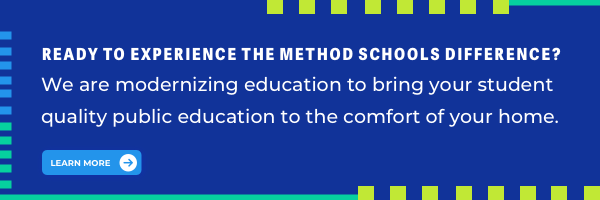Does Class Size Impact Student Achievement?
Traditionally, small class size is one of the very first things to be cut during budget tightening or financial crisis in public schools. I have heard many stories of teachers having so many students crammed in a classroom that walking around the room was a challenge at times. From an instructional and student performance perspective, one can’t help but wonder how effective a learning environment such as that can be.
How is a teacher able to meet the individual needs of each student in an overcrowded classroom? Based on stories shared, let’s assume an overcrowded classroom is made up of one teacher and 38 students and further assume that each of those 38 students are placed in that class because they need to graduate, not necessarily because it aligns to their instructional needs. Also, let’s assume that like in any other classroom across the country, of those 38 students, no two have the same learning style or ability. How then, can a single teacher possibly effectively reach every one of those 38 students?
How Does Method Manage Small Class Sizes?
Through ample research and practice, we have found that smaller class size can greatly impact student achievement. As a charter school, we have relied on greater flexibility in regards to the development and implementation of our educational program. We utilize an adaptive diagnostic and benchmark assessment tool, along with adaptive online curriculum, diagnosed instructional sessions based on data-driven identified needs, combined with opportunities for inquiry based and project based learning. All of these program components are completed in small group settings.
Below are key factors that help create and further support small class size:
- Internal diagnostic and benchmark assessment that can be administered at any time and provide immediate results to demonstrate current performance and growth
- Adaptive, online content
- Students placed in small groups based on common areas of need to receive instructional sessions throughout the day that address areas for growth
- Opportunities to reassess at any time to monitor progress and evaluate effectiveness of instructional strategies used
How impactful is Small Class Size?
We have found these data-driven practices to be effective in reaching each and every student by providing small group instruction based on specific needs identified for each student. Each class runs with no more than 8 students, and not only are the students working on content that is at their instructional level, but the teachers are also able to individually address each student during these very focused sessions.
In response to our small class size implementation, we found the following:
- Annual average academic growth per student: 1.3 years
- Students felt more comfortable asking questions and seeking the help they need during small classes
- Teachers felt more effective and confident in addressing student’s needs
- Contributed to an overall school culture of personalization and success
We have found that small class size does in fact impact student achievement. It also impacts the overall culture and success of an organization and through creative assessment and teacher scheduling, can be possible for many school types.




-1.svg)
-1.svg)
.svg)
.svg)
.svg)

.svg)










.svg)
.svg)




